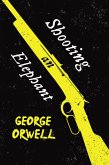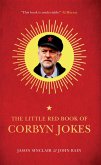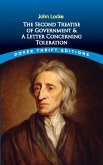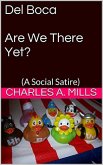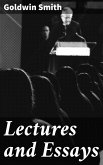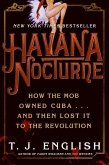In "The True-Born Englishman: A Satire," Daniel Defoe masterfully employs a sharp and witty prose style to critique the complexities of national identity in early 18th-century England. Through a blend of humor and serious commentary, Defoe addresses themes of multiculturalism and the idea of what it truly means to be "English." The poem's satirical tone serves to expose the absurdities of nativism, while its rhythmic verse and clever wordplay engage the reader in an exploration of racial and cultural hybridity that challenges contemporary norms and prejudices. Set against a backdrop of political turmoil and the emergence of a burgeoning British identity, this work resonates with the Enlightenment's ideals of reason and critical inquiry. Daniel Defoe, an innovative writer and early journalist, was significantly influenced by the socio-political climate of his time, haunted by the legacy of his dissenting background and a life marked by both hardship and resilience. His experiences navigating the turbulent waters of political exile and social criticism shaped his perspectives on identity, making him a compelling voice in the discussion of national belonging. This work reflects Defoe's enduring belief in the importance of inclusivity and understanding in an ever-diversifying society. "The True-Born Englishman" is a must-read for those interested in early modern literature, cultural studies, and the evolution of English identity. Defoe's incisive wit and acute social observations offer readers a thought-provoking lens through which to examine notions of nationalism and belonging, making this satirical masterpiece relevant to contemporary discussions on identity and multiculturalism.
Dieser Download kann aus rechtlichen Gründen nur mit Rechnungsadresse in A, B, BG, CY, CZ, D, DK, EW, E, FIN, F, GR, H, IRL, I, LT, L, LR, M, NL, PL, P, R, S, SLO, SK ausgeliefert werden.




